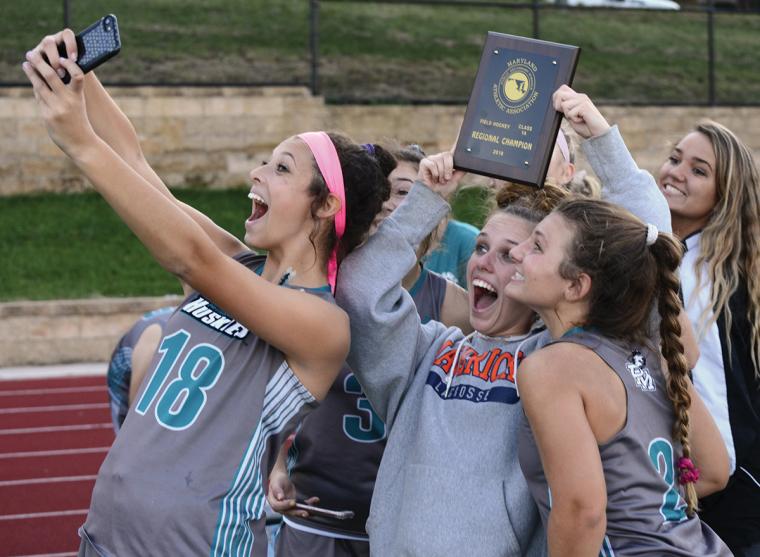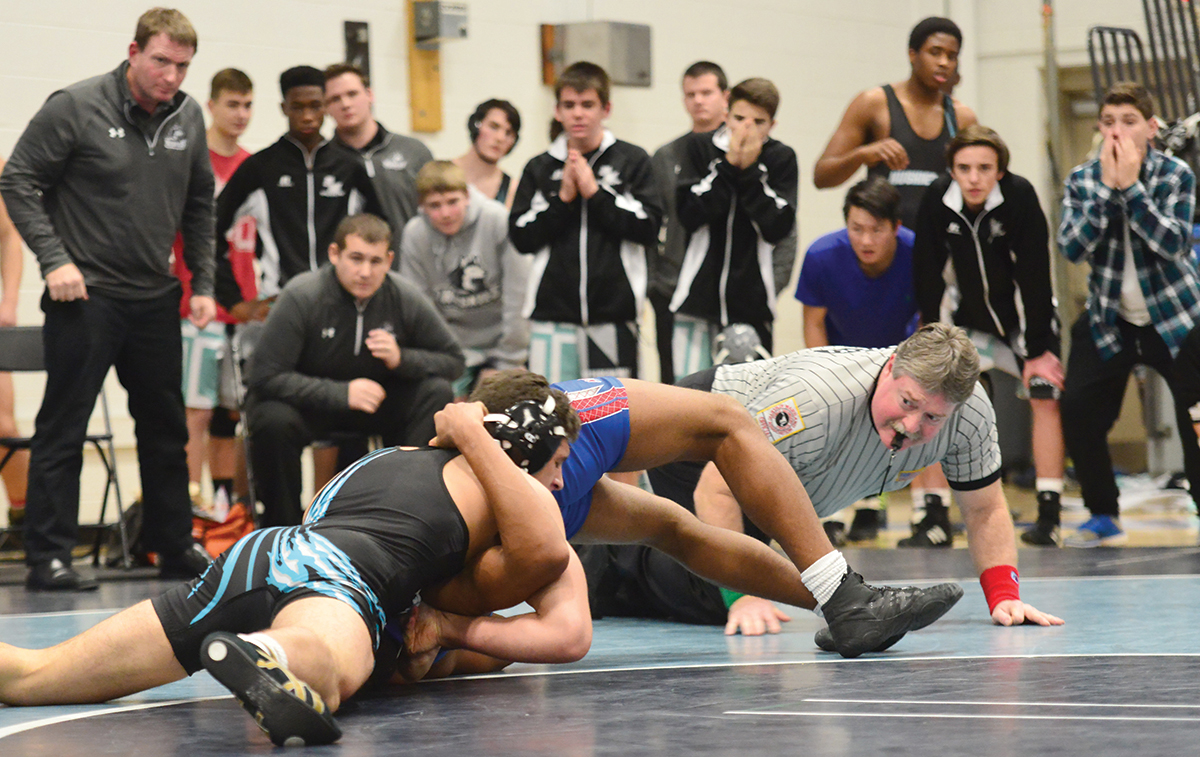

Sports photography is a not just a process of recording the action; it’s a way of preserving memories, of creating an effective promotional tool for your tournament and even a way of communicating visually on social media in real time from the competition site.
And like all aspects of live events, it starts with advance planning. Here are some pointers:
Line Up Your Photographer Ahead of the Tournament or Event. Think of the photographer the same way you would your competition venue, insurance policy or hotel room block: an important piece of the planning process. If you’re coming to a new city for the first time, ask your sports commission or CVB if they have recommendations for photographers. The local high school athletic association or college athletic association also may have recommendations.
Occasionally, event directors will say they expect local media to cover the game and take photos. While this may happen, it’s possible the photographer will be covering several things that day and will not stay for the entire event. If you’re looking for start-to-finish coverage, it’s important to arrange for it independently.
Another reason to book in advance is that good sports photographers can get very busy, depending upon the season. If a photographer shoots a lot of school sports, he or she may be booked from fall through spring. Wedding photographers, who often will also take pictures at banquets, may be busiest in spring, summer and fall. Photographers who are also taking senior portraits may have a lot of work to do in the fall as well. The sooner you lock in the right photographer, the better. This brings us to another important point:
You Need a Photographer with Sports-Specific Experience. Many times, someone will say, “Oh, I still have the business card for the person who took my daughter’s wedding photos; I’ll ask him/her.” Or “I have a friend whose son is studying photography; he can do it.”
Sports photography is a specialized skill. It involves non-stop action shots, taken indoors or outdoors, in all kinds of lighting conditions and generally, all kinds of weather. A sports photographer will have the right equipment for this and will know how to capture the action. He or she will also have experience with taking photos in those conditions without distracting the athletes.
Check References. Any potential photographer should come with a portfolio and references. Ask to see both. Make sure the references you’re checking correspond with the needs you have; in other words, make sure you’re checking references who will discuss the photographer’s sports photos, not his or her wedding work.
Budget Appropriately: Quality photography services are an investment, and a good photographer will be spending some time color correcting and cropping images, which adds to the hours on the job. Be aware that the photographer’s job does not stop when the game does.
Find out when payment is expected; often, it is required in full, in advance of the tournament. Will they take a credit card or do you need to pay by check or in electronic format? Some photographers may require a deposit in advance and the remainder on the day of the event. Either way, ask about arrangements ahead of the tournament and be ready to pay on time as required. Ascertain also whether you are responsible for paying for the photographer’s mileage, meals and other incidental expenses while they are onsite for your tournament.
Of course, people sometimes ask, “Well, what if I don’t like the photos?” That’s why you have asked for a portfolio and checked references – so that doesn’t happen.
Make Officials Aware You Have an Official Photographer Onsite. You want referees, coaches and others to know who the photographer is, so that they are aware he or she is allowed to be on the sidelines. In other words, you don’t want your photographer to be confused with the overzealous parents who will leave the spectator area and try to use their phones or iPads to get pictures. Provide your photographer with a visible credential he or she can wear, which will also help officials with identification. Make sure officials are aware the photographer is a professional and will not distract them or the athletes.
Talk to the officials in advance about where the photographer can be. For example, soccer officials may be fine with having the person on the sidelines, but not behind the goal. Clear communications benefit everyone and will prevent misunderstandings during the game.
For everyone else (parents, family members, friends, etc.), put a note on your website – and have an announcement made (it might need to be repeated) – that spectators must remain in the stands.
Provide a Shot List. Your photographer doesn’t know which shots you need unless you tell him or her. Maybe, in addition to pictures of the action at the tournament, you’d like a posed shot of the winners with the trophy or a shot of the crowd cheering. Maybe a big donor is being honored at halftime during a football game or the senior members of the team need a special commemorative photo. Whatever your needs are, you should communicate with your photographer in advance. After all, if you’re working on other aspects of the tournament during the day, you may not have time to break free to tell the photographer you forgot about those shots.
Talk About How Shots Will Be Used. In many cases, event owners want action photos that can be used on the tournament website; these can help market the event to potential participants in years to come. But if you want to use photos from the tournament to do live updates on social media, please tell your photographer; special equipment is needed to do that.
Who Owns the Photos? This is something that surprises many people: the photographer owns the photos. You pay for the photographer’s time, services and expenses, but the photographer retains the rights to the photos he or she takes. The photographer can often arrange to put photos on his or her website and allow for purchase and payment from outside buyers; in youth tournaments, it’s often players and their parents who want to purchase such photos.
One of the problems that has resulted from the use of the Internet is that many people consider photos they see online to be in the public domain. Not true (this can be the source of legal problems) and it is why many photographers have watermarked photos on their sites or have only low-resolution photos that can’t be enlarged.
Other Events. Will you be having an awards banquet or special dinner for tournament attendees? Will you need photography there? Make sure you line up photography services for that as well. And if you need shots of people receiving awards, make sure the announcer knows he or she should pause after presenting each award and arrange for people to pose on the stage for the photographer before they go back to their seats. (It’s a lot easier to slow down the presentation of awards for a few seconds in order to get a photo on the stage than it is to chase award winners around the banquet hall and try to get them to pose later).
In Conclusion. While what I’ve presented here probably sounds like a lot to think about, photography is an aspect of your tournament where you benefit from putting in the time in advance. Find the right photographer, communicate your needs and you, your athletes and their families will all enjoy the benefits. SDM

